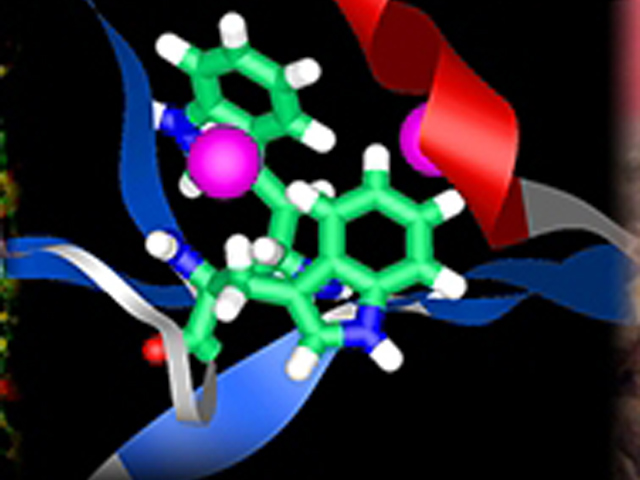| Outline |
|---|
|
Our goal is to understand molecular basis of brain development and maintenance in health and diseases.
For this purpose, we are taking experimental approach utilizing genetically modified mice and in vitro blood-brain-barrier model.
Targeted molecules are leucine-rich-repeat-containing transmembrane proteins (LRR-TMPs) and Zic family transcription factors, both of which are essential for mammalian CNS. Major achievements since 2014 are discovery of a trans-synapse regulatory mechanism of presynaptic metabotropic glutamate receptors, and clarification of a synapse maturation mechanism in hippocampus. In the course of these study, we provided new animal models for ADHD and autism together with genetic evidences for the involvement of the targeted LRR-TMP genes in the pathophysiology of these neurodevelopmental disorders. Combining our previous results showing other LRR-TMP genes mutations in sensory deafness-myopia comorbidity and schizophrenia, we are hypothesizing that LRR-TMPs may be included in the core mechanisms of a wide range of neurological disorders. Some projects that would contribute to better understanding of neurodevelopmental disorders are currently in progress, taking advantage of maintaining model animals. Studies on Zic family is another long-lasting project. The achievements include its discovery and designation, molecular phylogeny, and clarification of their roles in various development contexts (e.g. neural induction, neural crest specification, axial mesoderm segmentation, forebrain and cerebellar morphogenesis, and meningeal development). These studies may have contributed to understand the pathogenesis of holoprosencephaly, heterotaxy, Dandy-Walker malformation, and craniosynostosis, all of which are associated with the mutation of human ZIC family mutations. Lastly, recent studies of us and others indicate that functions of both LRR-TMPs and Zic family proteins are associated with neurovascular unit physiology. We are investigating the molecular mechanisms controlling development and functions of neurovascular units in mammalian brains by multidisciplinary approach including in vitro blood-brain-barrier model, and genetic, surgical, and nutritional animal models. |
| Further information |
|---|
|
http://www.med.nagasaki-u.ac.jp/phrmch1/index-en.html
|



